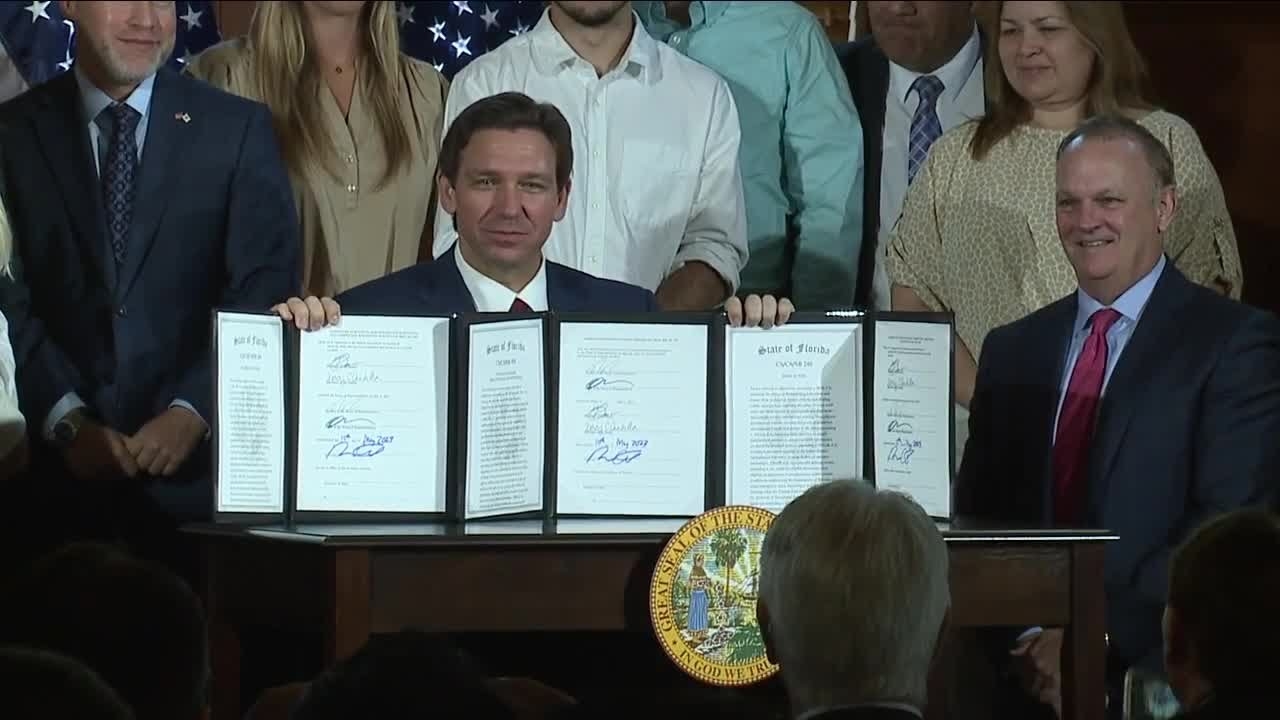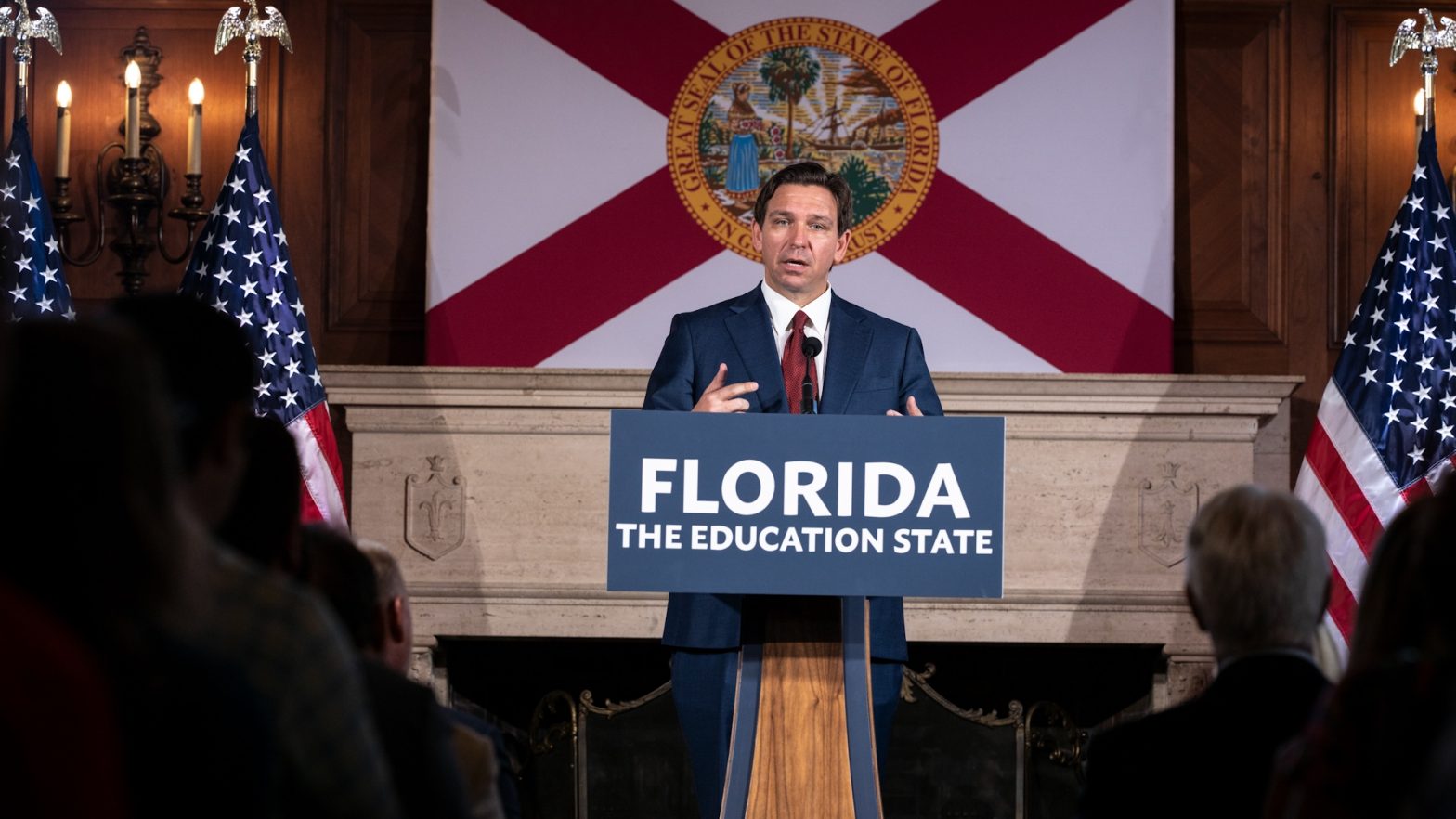On Monday, Governor Ron DeSantis of Florida gave his approval to a contentious piece of legislation aimed at withdrawing funding from diversity, equity, and inclusion (DEI) initiatives across all state universities. According to DeSantis, this move allows the institutions to recenter on their “fundamental mission.”
Speaking at a press event in Sarasota, the governor characterized the DEI initiatives as being closer to “discrimination, exclusion, and indoctrination.” Consequently, he stated, these initiatives should have no place in public institutions. “This can be better understood as promoting discrimination, exclusion, and indoctrination, and such practices have no room in our public establishments,” DeSantis argued.
He further implied that Florida’s higher educational institutions should not entertain topics like “gender ideology,” suggesting that individuals interested in such subjects should consider enrolling in institutions like the University of California, Berkeley. While DeSantis clarified that he has no issue with these discussions, he insisted that they should not be financed by taxpayers.
With the new law in place, Florida state universities are expressly forbidden from utilizing state or federal financial support to back, advance, or sustain any initiatives that “endorse diversity, equity, and inclusion, or advocate or participate in political or social activism.” According to DeSantis, this step will redirect universities towards their original mission, which, as he interprets, involves treating people as unique individuals rather than categorizing them based on “peripheral attributes.”

The legislation also mandates that general education courses “shall not misrepresent crucial historical events or include curriculum that propagates identity politics.” It categorically rejects theories that propose systemic racism, sexism, oppression, and privilege are intrinsically present in the U.S. institutions and were established to perpetuate social, political, and economic disparities.
DeSantis chose the New College of Florida, a liberal arts school where he has been orchestrating a conservative takeover, as the venue to sign the legislation. Earlier this year, he substituted six members of the college’s board of trustees with individuals recognized for their conservative views.
Apart from curtailing diversity and inclusion programs, the law also empowers university presidents and boards of trustees with enhanced hiring authority. According to DeSantis, this provision guarantees that they are more answerable to the people of Florida. He said, “They are more accountable to Florida’s people, to whom they owe our tax dollars. It’s more feasible to implement changes if they’re not achieving their mission.”
Reacting to the demonstrations prompted by his decision, DeSantis displayed a surprising sense of humor, expressing that he was “somewhat disappointed” in the attendance, quipping, “I was anticipating more.”
This new legislation has stirred controversy among teachers, students, and activists, igniting a fierce debate over the purpose and extent of DEI programs in higher education. Critics of the governor’s move are apprehensive about the potential harm to inclusivity and representation in Florida’s state universities. As the repercussions of this provocative decision unravel, the fate of diversity and inclusion in Florida’s educational system remains uncertain.
©world-news.biz
